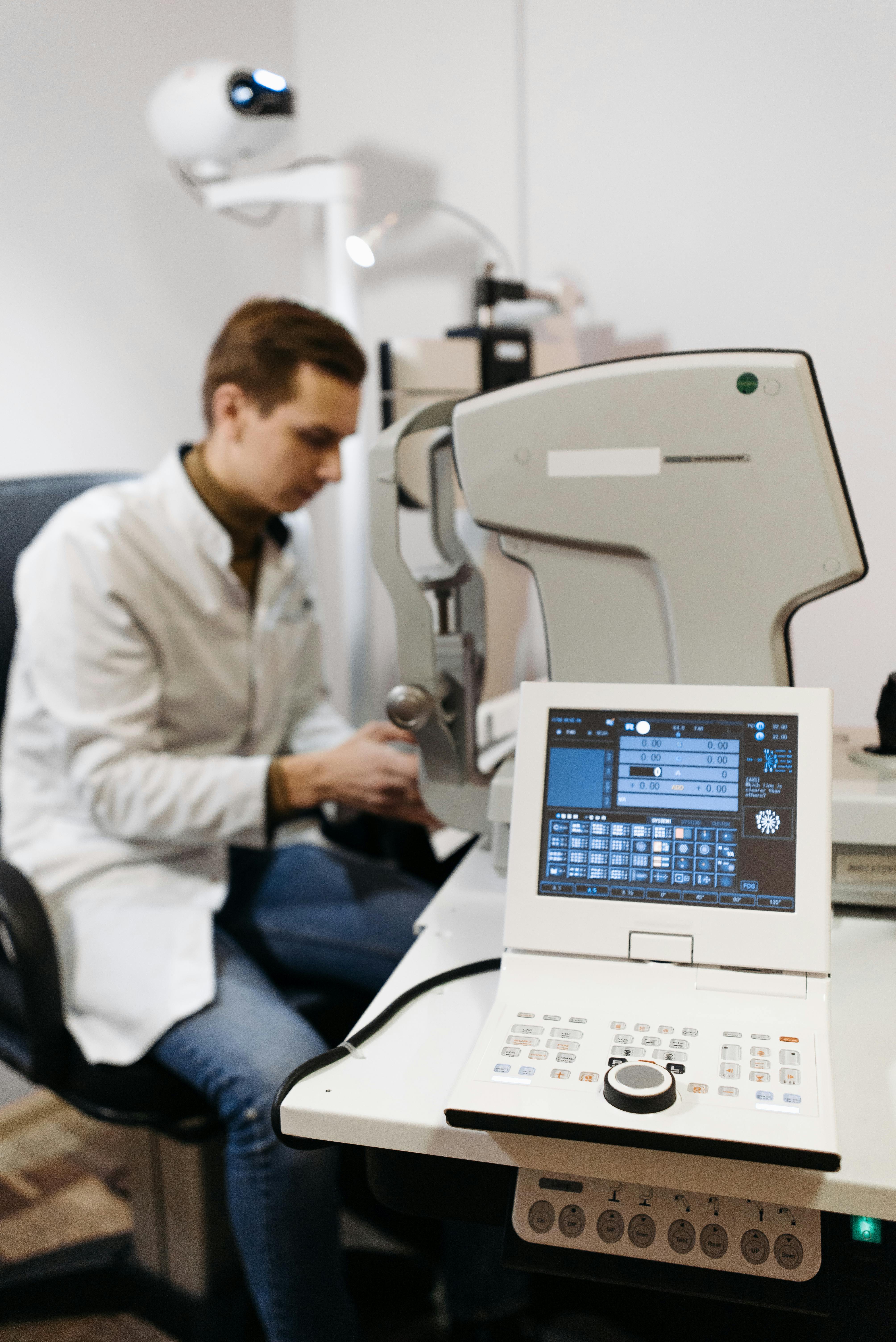Intravitreal Injections
Advanced Eye Care & Vision Treatment
Intravitreal injections are a proven and highly effective treatment used to manage several serious retinal conditions that can threaten vision if left untreated.
This procedure involves delivering medication directly into the vitreous cavity of the eye, allowing the drug to act precisely where it is needed — the retina.
At Vala Eye Centre, Vadodara, intravitreal injections are performed under strict sterile conditions by Dr. Ruchi Vala, an experienced Vitreo-Retina and Uveitis Specialist.
With a focus on safety, accuracy, and patient comfort, we help patients preserve vision, slow disease progression, and achieve better visual outcomes.
If you are diagnosed with conditions such as diabetic retinopathy, macular edema, wet age-related macular degeneration (AMD), retinal vein occlusion, or uveitis, intravitreal injection therapy may be an essential part of your treatment plan.
What Are Intravitreal Injections?
Intravitreal injections are eye injections in which medication is injected directly into the vitreous — the clear, gel-like substance inside the eye.
This targeted delivery allows high drug concentration at the retina while minimizing effects on the rest of the body.
Unlike oral medicines or eye drops, intravitreal injections bypass natural barriers of the eye, making them especially effective for retinal diseases involving swelling, abnormal blood vessel growth, or inflammation.
Why Intravitreal Injections Are Used?
Intravitreal injection treatment is recommended when retinal diseases cause:
- Macular edema (retinal swelling)
- Abnormal blood vessel growth
- Inflammation inside the eye.
- Leakage from retinal blood vessels



Conditions Treated with Intravitreal Injections
- 1. Diabetic Retinopathy & Diabetic Macular Edema (DME)
Diabetic retinopathy occurs when prolonged high blood sugar damages retinal blood vessels. This can lead to leakage, swelling, and vision loss. How injections help: Anti-VEGF intravitreal injections reduce fluid leakage, control abnormal blood vessel growth, and help stabilize vision in diabetic macular edema and advanced diabetic retinopathy. - 2. Wet Age-Related Macular Degeneration (AMD)
Wet AMD affects central vision due to abnormal blood vessels growing under the macula. How injections help: Anti-VEGF injections are the standard treatment for wet AMD. They slow disease progression, reduce leakage, and help preserve central vision needed for reading and daily activities. - 3. Retinal Vein Occlusion (RVO)
Retinal vein occlusion occurs when blood flow is blocked in a retinal vein, leading to swelling and bleeding. How injections help: Anti-VEGF or steroid intravitreal injections reduce macular edema and improve visual outcomes in patients with RVO. - 4. Uveitis-Related Retinal Inflammation
Uveitis is inflammation inside the eye that can involve the retina and cause vision impairment. How injections help: Steroid intravitreal injections or implants deliver targeted anti-inflammatory medication directly to the affected area, helping control inflammation and protect vision. - Anti-VEGF injections – reduce abnormal blood vessel growth and leakage
- Steroid injections or implants – control inflammation and swelling
- Numbing: Local anesthetic eye drops are applied to ensure comfort
- Sterilization: The eye area is cleaned thoroughly to prevent infection
- Injection: Medication is injected using a fine needle into the vitreous cavity
- Post-procedure care: Eye drops and protective instructions are provided
- Experienced retina and uveitis specialist
- Evidence-based treatment protocols
- Clear explanation and patient-centric care
- Comprehensive retinal services under one roof
Types of Medications Used in Intravitreal Injections
Depending on the condition, treatment may include:
Dr. Ruchi Vala determines the most appropriate medication and treatment schedule based on diagnosis, disease severity, and response to therapy.
Intravitreal Injection Procedure – What to Expect
The intravitreal injection procedure is quick, safe, and performed as an outpatient treatment:
Step-by-Step Process
Most patients experience minimal discomfort and can return home the same day.
Why choose Vala Eye Centre?
At Vala Eye Centre, our goal is not only to treat the disease but to protect long-term vision and quality of life.
